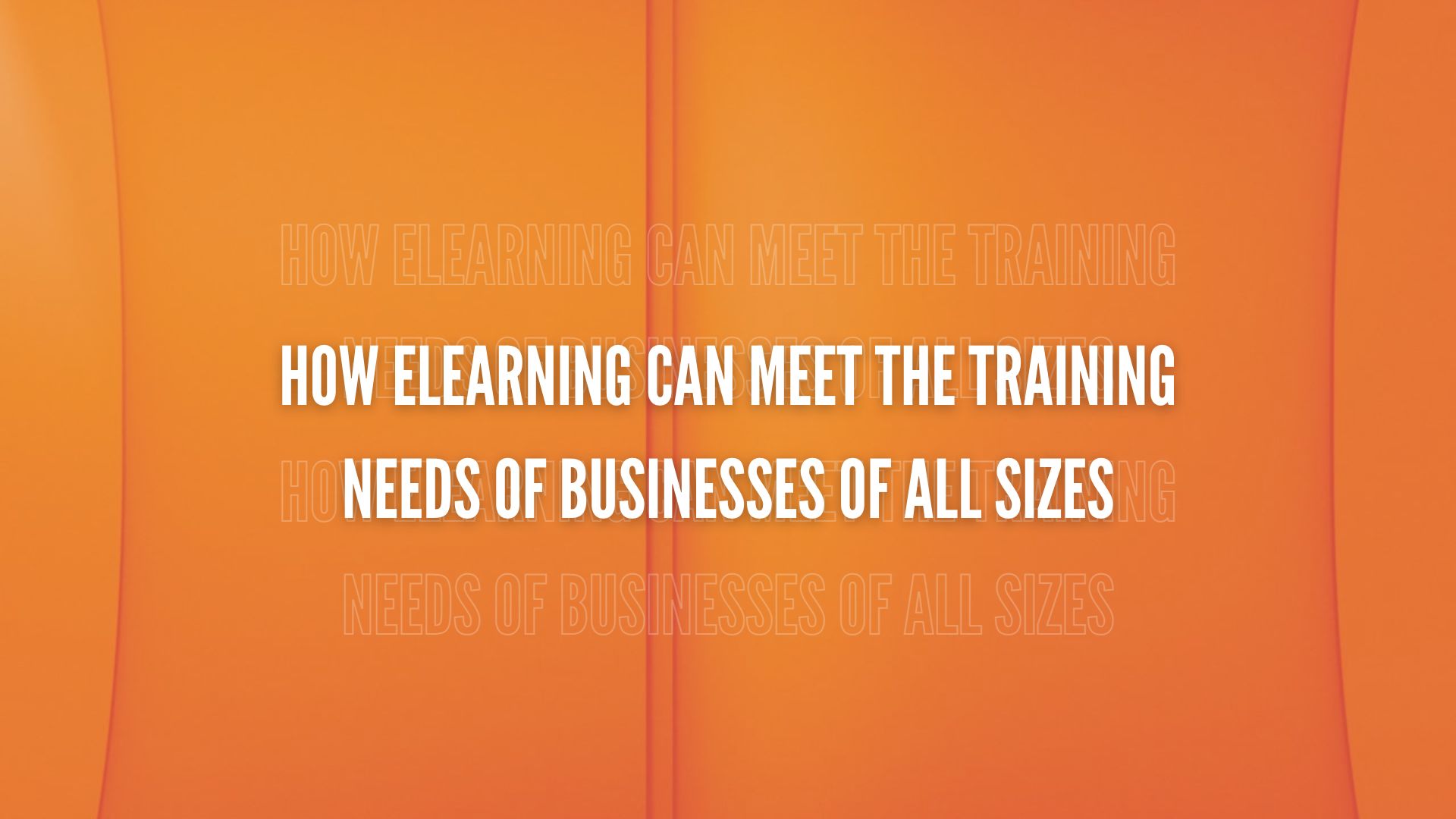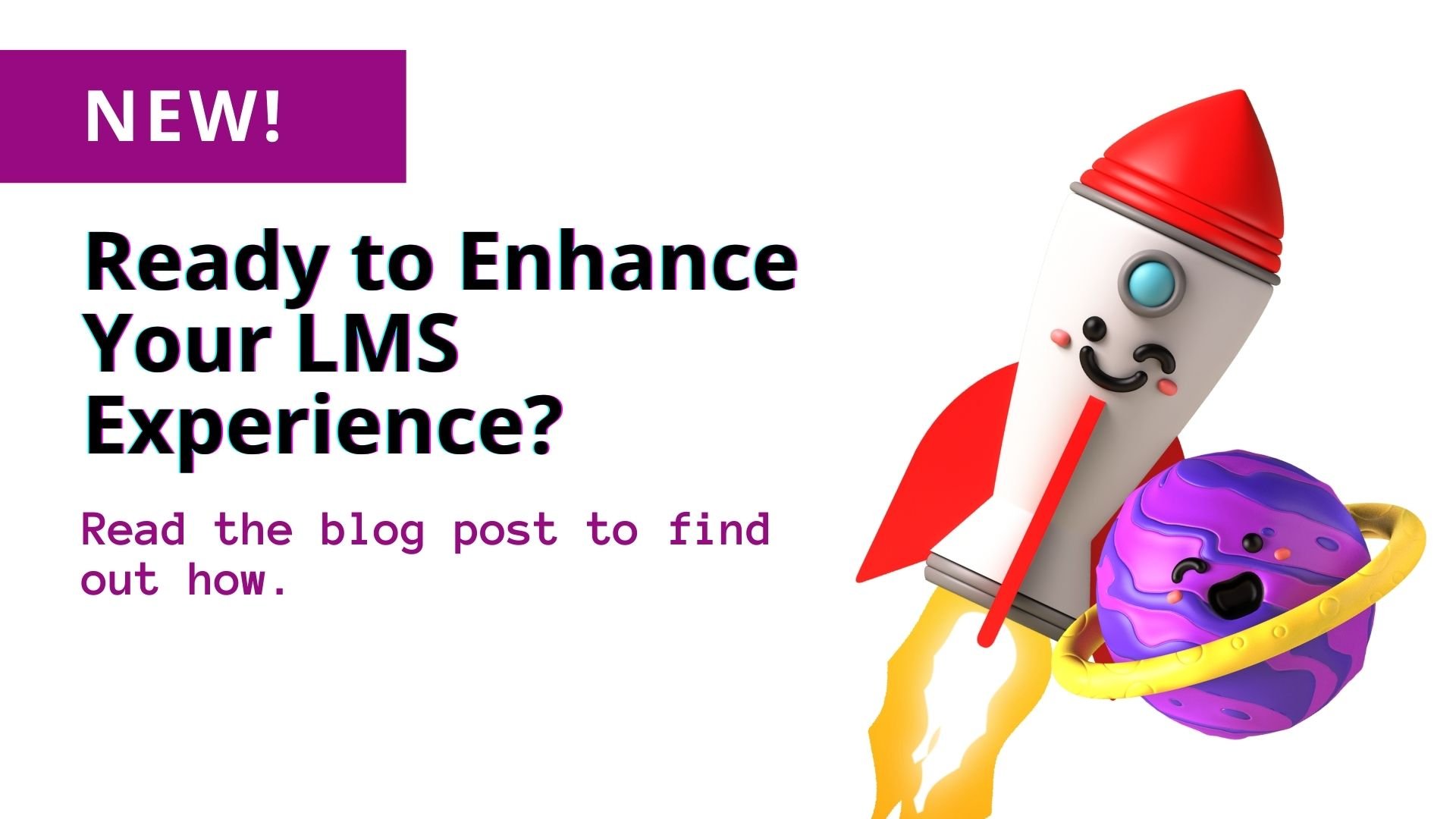Small, medium and large businesses cannot exist apart from training. Much like oxygen to the human body, training keeps a business alive and well. As time progresses, do does training. In past years, companies have primarily relied up in-person training models. This is no longer the case. Technology has taken on a life of its own and greatly influences corporate training. In place of classroom-style training, we are seeing a global shift to eLearning. However, not all companies embrace this tool for training purposes.
eLearning has the ability to meet a wide variety of corporate needs. Because of this capability, a social learning management system (LMS) is utilized differently by small, medium and large businesses. The one thing these types of businesses have in common, however, is their dependence upon eLearning to keep their day-to-day operations running smoothly.

An LMS Meets a Small Business’ Need for Flexibility
Small business owners often feel overwhelmed because of the sheer number of responsibilities they have. This is understandable. After all, small businesses do not have the capital or the resources that larger businesses have, and yet they must accomplish their mission and stay afloat.
Amid all the needs a small company may have, the greatest is flexibility. Many small businesses have learned from experienced that an eLearning system can provide them the flexibility they need in order to function. A paper published on the University of West Georgia’s website states, “Most small organizations only need training in small pieces to satisfy immediate needs as problems arise — just enough, just in time.” An eLearning system gives small business owners assurance that training is available to employees 24/7 in a flexible format. An LMS can accommodate learners who need structured training, as well as those who do better with training that is on the fly.
Small businesses generally benefit most from SaaS (software as a service) social learning management systems. This type of LMS is provider updated and easy to maintain. Also, cloud-based eLearning systems are often more affordable than other LMSs. This is a major plus for a small business with a tight budget.
eLearning Lightens the Workload for Mid-Sized Businesses
It can appear that medium-sized businesses have the best of both worlds. With healthy revenue streams and sizeable workforces, these entities have more flexibility than large businesses and more capital than small businesses. Despite this, they typically have more work than smaller businesses. They often have intense production schedules and are competing with companies of all sizes. What a mid-sized business needs more than anything is time. Thankfully, an eLearning system is designed to free-up time.
Training for new hires can eat up the time a mid-sized business needs to maintain productivity. According to Wise Businessware, “61% of mid-size companies are planning to improve recruiting, retaining, training, and developing employees to maximize their workforce output in 2015.” Because mid-sized businesses are focused on growing their personnel, it is of utmost importance that effective training options are available to them.
An eLearning system is a tool that enables mid-sized businesses to train their employees quickly and effectively, in a way that promotes knowledge retention. Ultimately, eLearning allows mid-sized businesses to provide cutting-edge training without sacrificing product/service standards of excellence.
An LMS Lowers a Large Business’ Bottom Line
For a large-sized business, time is money. While these institutions have much money coming in, they also have a lot going out. These companies typically have huge budgets that are closely watched. This explains why a large company’s predominant need from an eLearning system is a reduced bottom line via cost-effective training.
Because it can have thousands of employees, a large business’ budget is easily overwhelmed with the costs of training. eLearning is a tool that keeps these costs reasonable for larger organizations. Today, a reported 40 percent of Fortune 500 companies have turned to eLearning options as part of cost-cutting strategies. And, according to a 2002 IOMA study, “Corporations save between 50% and 70% when they replace instructor-based training with eLearning.”
Although eLearning is an investment, it is a valuable one. It is estimated that companies gross about 30 dollars for every 1 dollar they spend on eLearning. This figure goes up when a business uses a social learning management system with unlimited bandwidth and no per-user fees.
Whether a business is small, medium or large, it will benefit from an LMS like TOPYX. TOPYX is a flat-rate eLearning system that boasts a full set of features and is trusted by major corporations like Rotary International and 3M.
Training is a commonly held principle that businesses of all sizes hold true. Now, in the age of eLearning, they are entering a similar orbit. They keep moving because of the power that comes from flexible, timely, cost efficient training.





